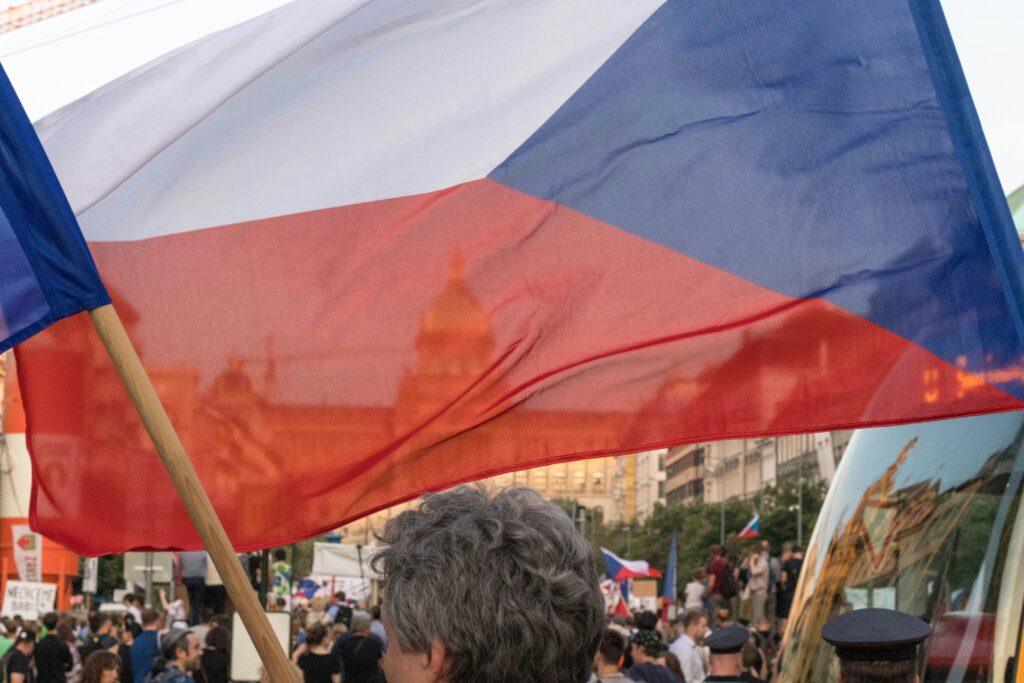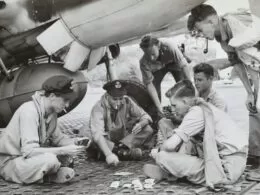Inhaltsübersicht anzeigen
Tschechischer Unabhängigkeitstag, observed on October 28th, is historically and culturally significant in the Czech Republic. This day honours the formation of an independent Czechoslovakia in 1918, which marked the end of years of struggle for independence and self-determination. In this piece, we look at the history, implications, and practices of Tschechischer Unabhängigkeitstag.
Czech Independence Day has its origins in the turbulent events surrounding the Austro-Hungarian Empire’s collapse and World War I. As the war ended, the Czech and Slovak citizens demanded independence from imperial control and forged their own paths. The Czechoslovak National Council declared sovereignty in Prague on October 28, 1918, bringing in a new phase of statehood and national identity.
Czech Independence Day signifies freedom, perseverance, and solidarity. Through Czech and Slovak cooperation, it fulfils long-held self-governance and sovereignty goals.
Celebrating Czech Independence Day: A National Holiday Overview
The Czech Republic celebrates its independence with a day full of activities designed to remember and celebrate the country’s past, present, and future.
Honouring the Czechoslovak troops who battled for independence, the laying of wreaths at the National Monument on Vítkov Hill is one of the most prominent aspects of the festivities. The cultural richness and rich history of the Czech Republic are also celebrated through concerts, exhibitions, and other cultural events.
To help learners understand the historical and contemporary relevance of Czech Independence Day, most schools and other educational institutions organise unique programmes and events.
Zusätzlich, Tschechischer Unabhängigkeitstag is a chance to think back on how far the country has come in its pursuit of freedom and democracy. For Czechs, it’s a chance to remember the sacrifices made by previous generations in order to gain independence and to recommit to the principles of freedom, democracy, and human rights.
The Significance of October 28 in Czech History
October 28 in the Czech Republic is a significant day because it is linked to the founding of Czechoslovakia as an independent nation in 1918. An end to foreign domination and the start of a new period of independence and national identity were marked on this day when the Czechoslovak National Council declared independence in Prague.
The event that took place on October 28th was the turning point in the long fight for independence that the Czech and Slovak peoples have been fighting for. It is a symbol of the freedom and self-determination that previous generations fought for and the ideals of democracy, equality, and national unity that it memorialises.
In honour of their continued dedication to democracy, freedom, and national sovereignty, the Czech Republic celebrates October 28 as Tschechischer Unabhängigkeitstag, a national holiday.
On top of its historical importance, October 28th is a day of personal significance to numerous Czechs as they commemorate their rich cultural heritage and national identity. The day is jam-packed with celebrations that unite people in honour of their common heritage, from traditional folk dances and entertainment to mouth-watering tschechische Küche.
Traditional Celebrations and Events on Czech Independence Day
The Czech Republic celebrates its national holiday, Tschechischer Unabhängigkeitstag, on October 28th. Patriotism and joy fill the air on this patriotic holiday, which is marked by a wide range of celebrations that pay tribute to the independence and solidarity of the nation. Here we take a look at the history and traditions of Czech Independence Day celebrations around the country.
Official commemorations
Official celebrations and commemorations take place in Prague and other locations around the nation. The National Monument on Vítkov Hill, Prague Castle, Wenceslas Square, and other historical locations frequently host these activities. Public and dignitaries all come together to celebrate the independence of Czechoslovakia and pay homage to the country’s founders.
Ceremonies for laying wreaths
The placing of wreaths at landmarks and memorials devoted to the independence warriors and dead soldiers of Czechoslovakia is a prominent tradition of Tschechischer Unabhängigkeitstag. These solemn celebrations revolve around the National Monument on Vítkov Hill in Prague, where flowers are placed to commemorate the sacrifices of individuals who battled for independence.
Exhibitions and cultural events
Konzerte, art exhibitions, and other cultural activities honouring the Czech Republic’s history and culture are also held on Independence Day. Special exhibitions displaying the creative and cultural accomplishments of the Czechoslovak Republic and highlighting important milestones in the country’s history are organised by museums, galleries, and other cultural organisations.
Curriculum development
An important part of celebrating Tschechischer Unabhängigkeitstag is for schools and other educational institutions to host events and programmes tailored to students. In an effort to bring more attention to the festival and its relevance to modern Czech society, some educational activities have been launched. The history of Czechoslovakia, its fight for independence, and the value of maintaining national unity and identity are all topics covered in class.
Bringing up the national flag
On this momentous occasion, the national flag is flown from every state building. Other locations, like the streets, trains, etc., also feature them.

Open house
Visitors are welcome to explore numerous Czech sites, as well as government offices and ministries.
Military processions and parades
On October 28, you are able to witness military displays and parades that honour the Czech Republic’s history and celebrate its pride. Nearly after every five years, Prague hosts such events.
Community gatherings
Auf Czech Independence Day, people all around the nation gather for a variety of celebrations. People of all ages come together in these public events to commemorate the independence and togetherness of the nation. Some examples are street festivals, public concerts, and parades.
Ceremonial address
The president of the Czech Republic usually gives a formal speech to the country, reflecting on the importance of the event and reiterating the nation’s dedication to ideals like democracy, national pride, and independence.





